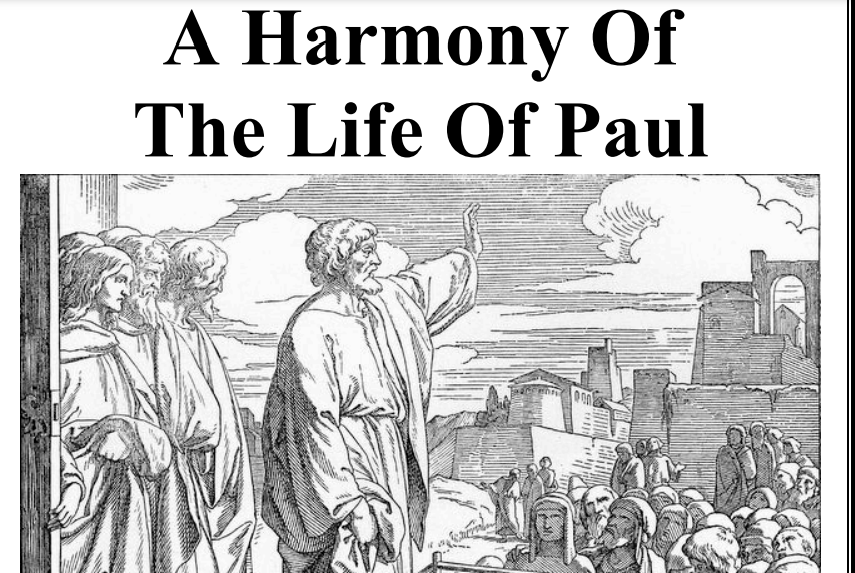Book Summary: Marcus Garvey – Black Nationalist Leader (Black Americans of Achievement)
Marcus Garvey was one of the most inspiring figures in Black history. The book “Marcus Garvey: Black Nationalist Leader” from the Black Americans of Achievement series tells the powerful story of his life and his fight for unity, self-respect, and independence.
It explains how a boy from Jamaica grew up to become a leader who influenced millions. His message was clear and strong — “Be proud of who you are and build your own future.”
Early Life and Inspiration
Marcus Mosiah Garvey was born on August 17, 1887, in St. Ann’s Bay, Jamaica. His father worked as a mason, and his mother took care of the family. From a young age, Garvey loved reading and learning. However, he also saw how deeply racism and poverty affected his people.
Because of these experiences, he started asking important questions about justice and equality. He believed that if Black people learned their own history and supported each other, they could rise and live with dignity. This belief became the foundation of his dream.
The Journey Toward Leadership
As a young man, Garvey travelled to Central America and England. Everywhere he went, he saw unfair treatment and racial discrimination. Instead of feeling hopeless, he became determined to change it.
In 1914, he founded the Universal Negro Improvement Association (UNIA). Its slogan was simple but powerful — “One God! One Aim! One Destiny!”
Through UNIA, Garvey encouraged Black people to take pride in their identity. He wanted them to own businesses, learn skills, and depend on themselves instead of waiting for others to help. He often said, “If you have no confidence in yourself, you are twice defeated in the race of life.”
The Rise of the UNIA Movement
The UNIA became one of the biggest global movements of its time. By 1916, Garvey moved to New York City and made Harlem the center of his work. Soon, his speeches began to attract large crowds.
To spread his ideas, he started a newspaper called The Negro World. It published stories of Black success and shared news from around the globe. People loved reading it because it gave them hope and pride.
In addition, Garvey launched a company named Black Star Line. His goal was to connect Africa and America through trade and travel. He believed that true freedom also required economic power. Therefore, he wanted Black people to own ships, schools, and factories.
This vision made him one of the first leaders to link racial pride with financial independence.
Struggles and Setbacks
Although Garvey’s movement grew quickly, his path was not easy. Many white politicians saw him as a threat. Even some Black leaders disagreed with his methods.
In 1923, the U.S. government arrested him on mail fraud charges related to the Black Star Line. Many historians later said the charges were unfair and politically motivated. After spending two years in jail, he was deported to Jamaica in 1927.
Even then, Garvey never gave up. He continued to write and speak about his dream of a strong and united Black race. His courage inspired followers across Africa, the Caribbean, and the United States.
Legacy and Global Influence
Marcus Garvey’s message reached far beyond his lifetime. His ideas laid the foundation for later movements like the Civil Rights Movement and Pan-Africanism.
Leaders such as Malcolm X, Martin Luther King Jr., and Nelson Mandela admired Garvey’s work. They learned from his belief that real freedom starts with self-belief and knowledge.
One of his most famous quotes still motivates people today:
“A people without the knowledge of their past history, origin, and culture is like a tree without roots.”
Garvey’s dream of “Africa for the Africans” may sound simple, but it carried deep meaning. He wanted every African descendant to stand tall, think independently, and feel proud of their heritage.
Conclusion
The book “Marcus Garvey: Black Nationalist Leader” is not just a story from the past. It is a lesson for the present and the future. It teaches us that unity, education, and self-confidence can break even the strongest chains of oppression.
Garvey showed that one person’s vision can inspire a whole generation. His journey — from a small Jamaican town to becoming a global symbol of pride — proves that leadership is built on courage, not comfort.
For students, readers, and dreamers, this book is a reminder that change begins with belief. Marcus Garvey’s legacy still shines bright because his message was timeless — Believe in yourself, respect your roots, and rise together.









